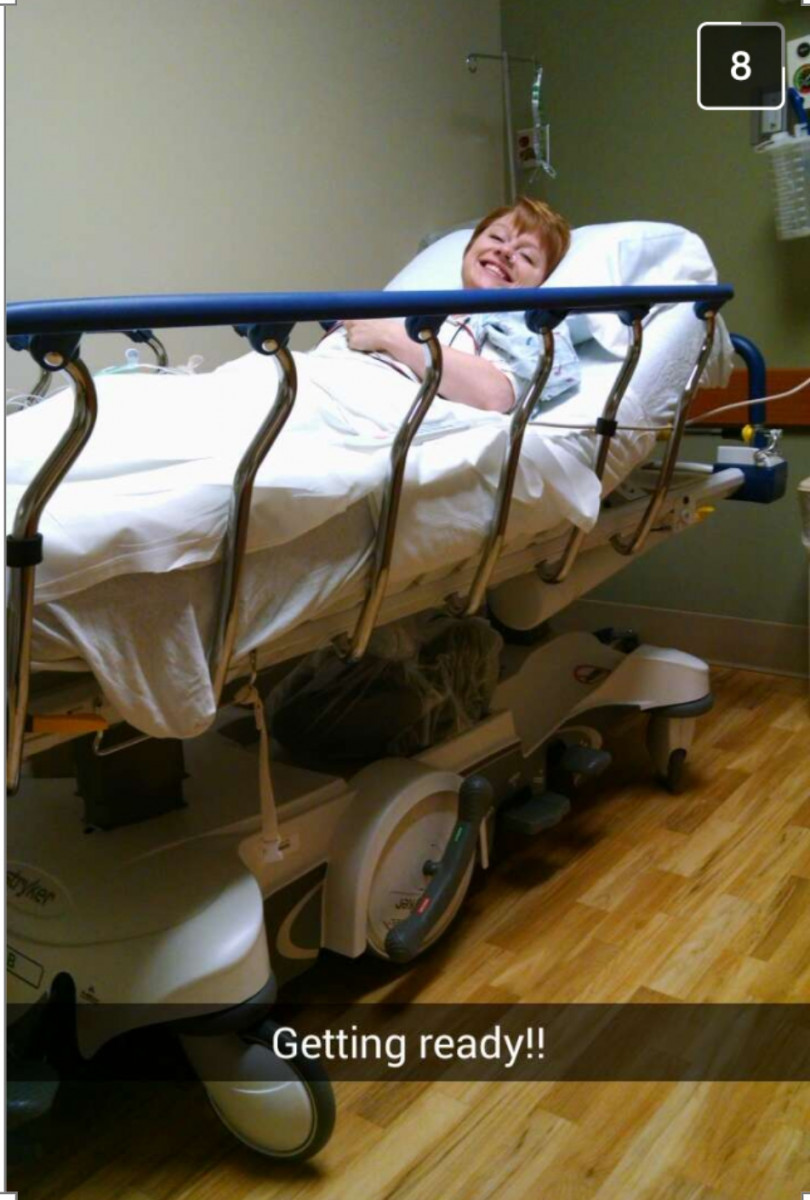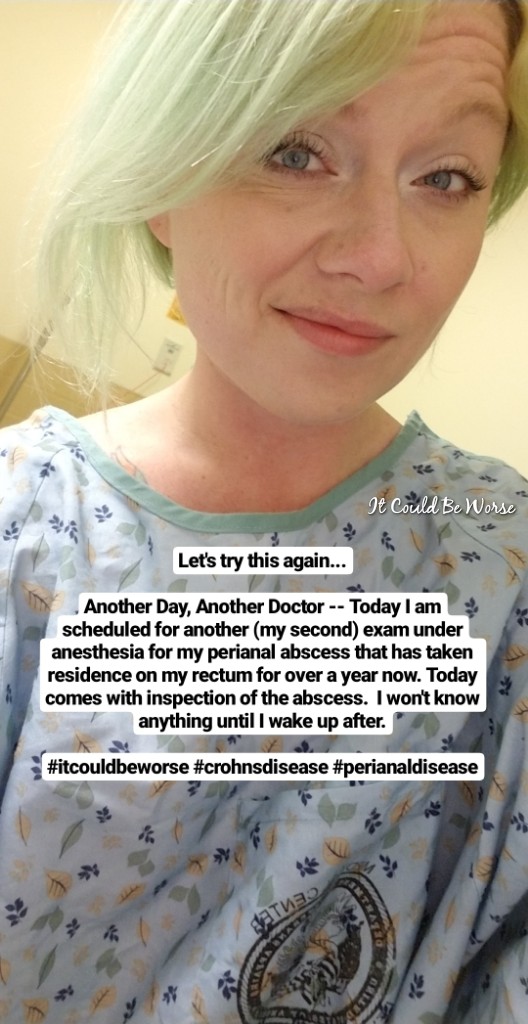Crohn’s disease manifests in inflammatory bowel disease (IBD) patients in a variety of ways. The eyes, mouth, skin, and joints can be affected, and sores and ulcers can occur, even outside the digestive tract. There are many other issues common to IBD, but people only hear about the “bathroom” problems.
Of course, there are bathroom problems — or “bottom” problems, as I like to call them. Crohn’s disease can often cause perianal manifestations, including abscesses, fistulas, fissures, and other problems targeting the rectal cavity and anal region. When the rectal cavity and anal region are affected, perianal disease can occur. Perianal disease can cause hemorrhoids or strictures, leading to urgency and tenesmus.
Perianal manifestations and abscesses
Abscesses are infected, pus-filled pockets that need to be seen by a physician, as they generally require surgery to be incised and drained. However, antibiotics may be given as an alternative to surgical intervention. Abscesses need to be cared for post-intervention to prevent infections from recurring. Symptoms of an abscess include pain, swelling, fever, and chills.
Abscesses occurring in the rectum and perianal region are called perirectal and perianal, respectively. Perianal abscesses are areas of swelling and warmth that are close to the surface of the skin and are usually visible as a swollen lump or boil. Perirectal abscesses are deeper infections, and may not be visible, thus requiring scans and testing. The preferred management and treatment plan will depend on the location of the abscess.
When there is nowhere for the infection to go, the pus can burst or tunnel its way through the skin to create an opening called a fistula.
Mary has emergency surgery for perianal abscess manifestation of her Crohn’s disease. (Courtesy of Mary Horsley)
Fistulas
A fistula, or tunneling through the skin (often in the bowels or anus), usually requires surgical intervention to prevent recurring infections, abscesses, or further tunneling. One such surgery is called a fistulotomy, which involves a surgeon cutting away infected areas and flattening the fistula’s channel before stitching it up. Other surgeries, like a sphincterotomy, relieves rectal pressure by cutting the internal anal sphincter. Sometimes, wound packing or a seton is put into place for these surgeries, and a sitz bath is used to clean the wound during the healing process.
The healing process can be a few weeks to a few months depending on the severity of disease and surgery required.
Abscesses, fissures, fistulas, and other perianal Crohn’s disease manifestations require medical attention and can often lead to poor quality of life for sufferers. These manifestations can lead to further complications, such as sepsis, which is a serious blood infection that can spread throughout the body. Sepsis can lead to organ failure and even death.
I mentioned in my “Crohn’s Disease Scope Series,” parts four and five, that I had an abscess four years ago that needed emergency surgery. Weeks later, I had a fistulotomy to remove the fistula. A year ago, I found another abscess that has gone unbothered for the most part. This week, it began getting sore and inflamed and I knew I needed to see a doctor. After a visit with my gastroenterologist and a rectal exam, yet another perianal abscess was diagnosed. I discuss my surgeries more on my “It Could Be Worse Blog,” and in columns “Crohn’s Disease ‘Scope Series’: My Painful Fistulotomy” and “Crohn’s Disease ‘Scope Series’: Perianal Abscess.”

***
Note: IBD News Today is strictly a news and information website about the disease. It does not provide medical advice, diagnosis, or treatment. This content is not intended to be a substitute for professional medical advice, diagnosis, or treatment. Always seek the advice of your physician or other qualified health providers with any questions you may have regarding a medical condition. Never disregard professional medical advice or delay in seeking it because of something you have read on this website. The opinions expressed in this column are not those of IBD News Today, or its parent company, BioNews Services, and are intended to spark discussion about issues pertaining to IBD.

